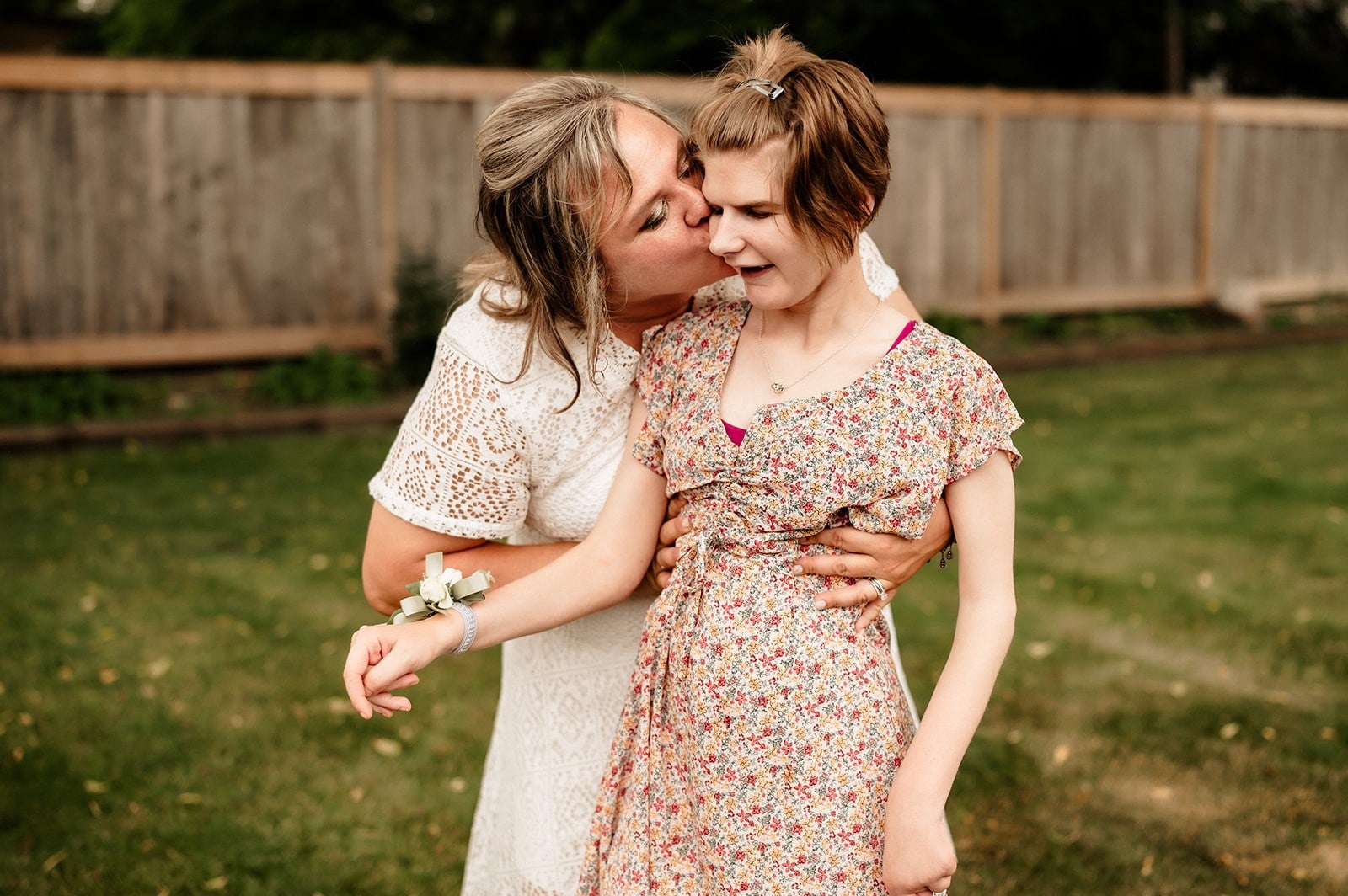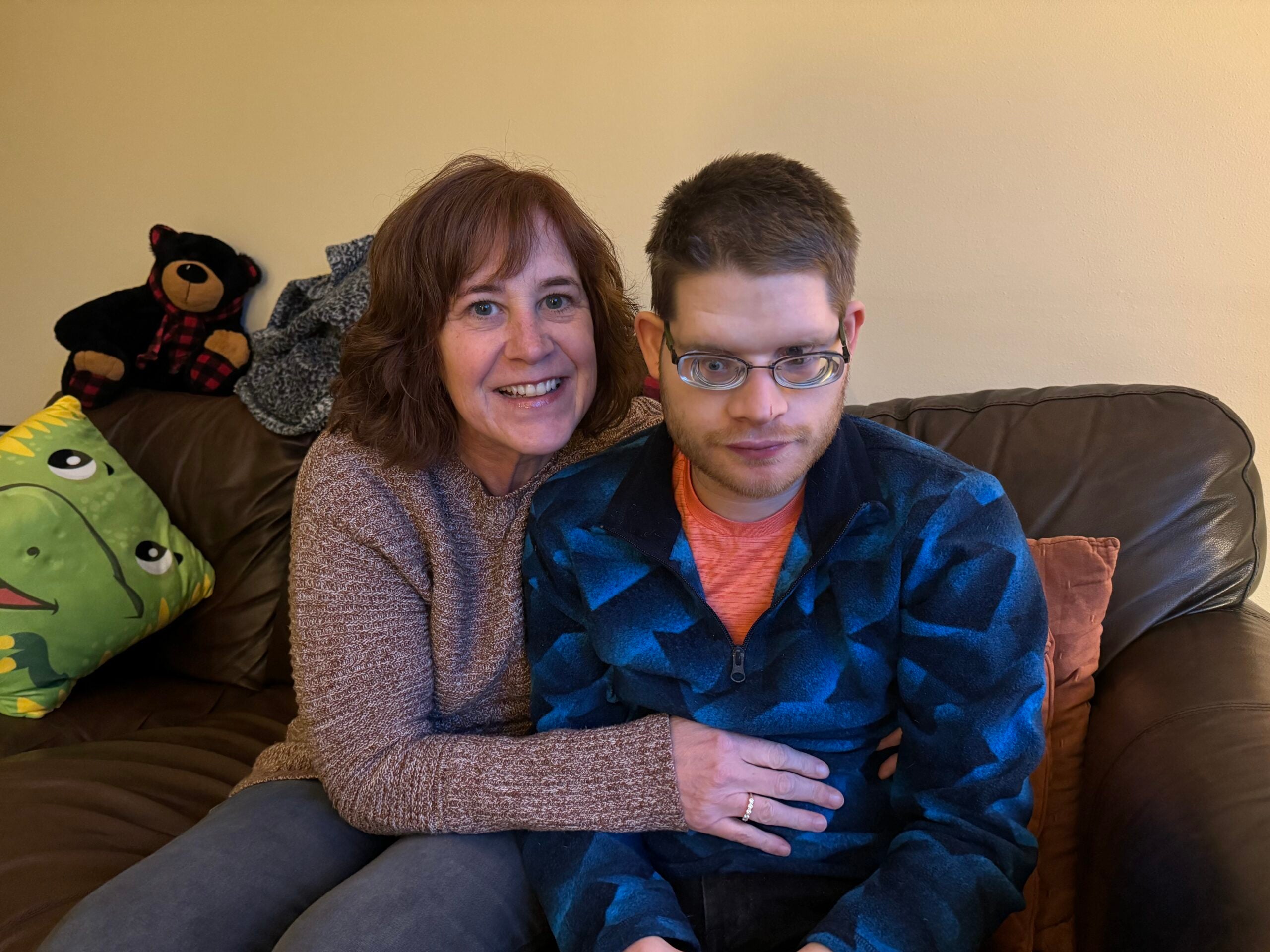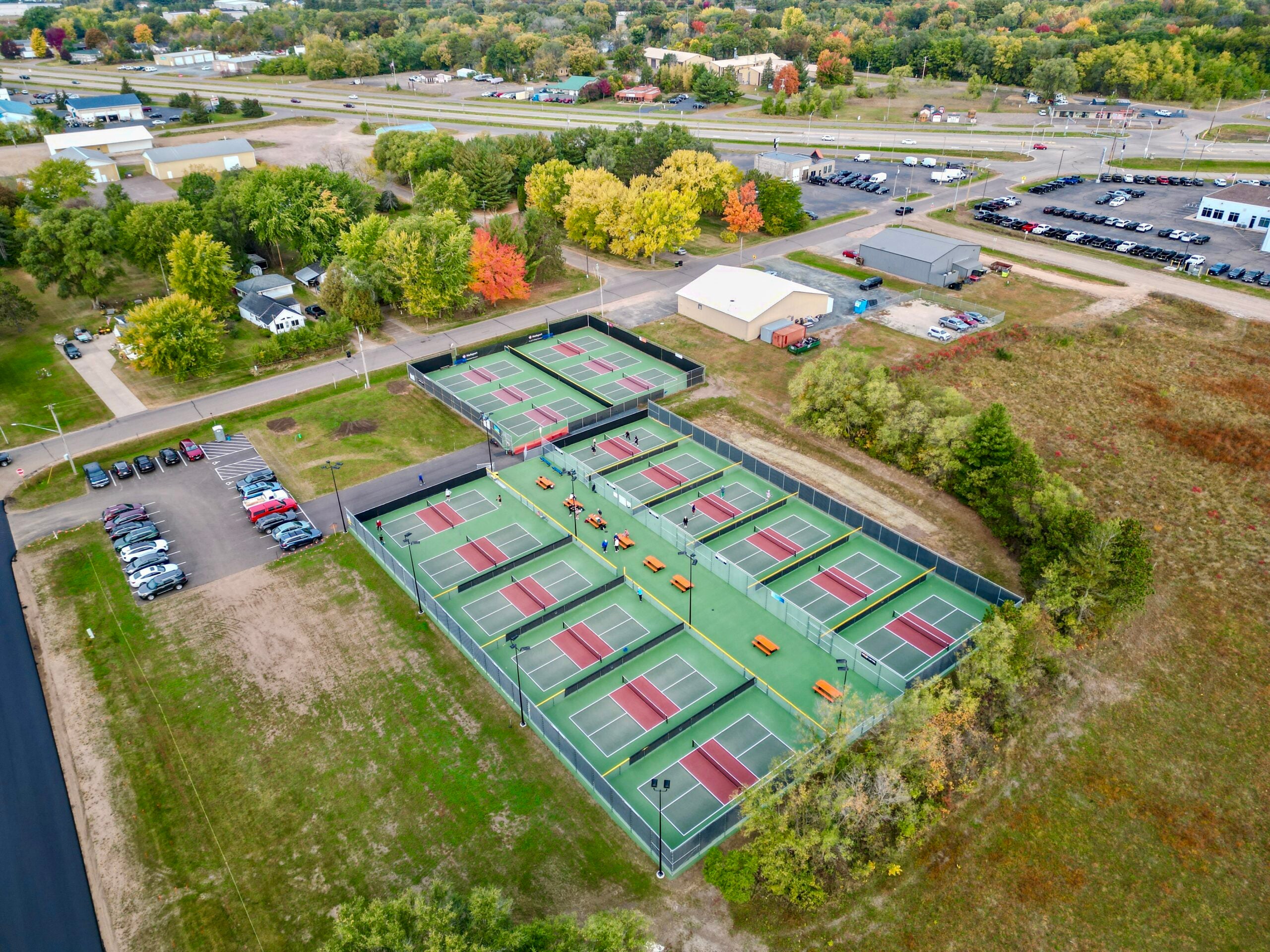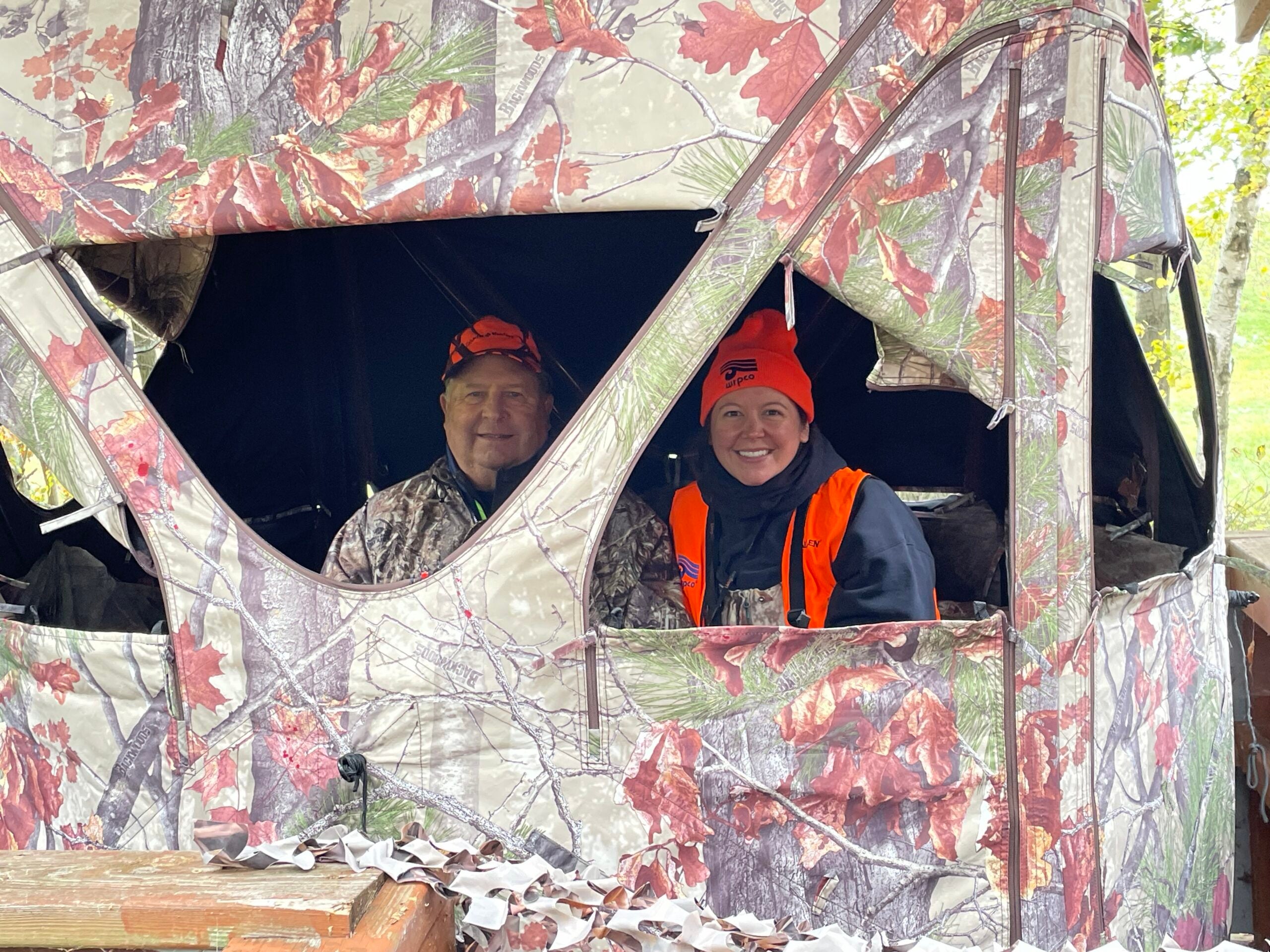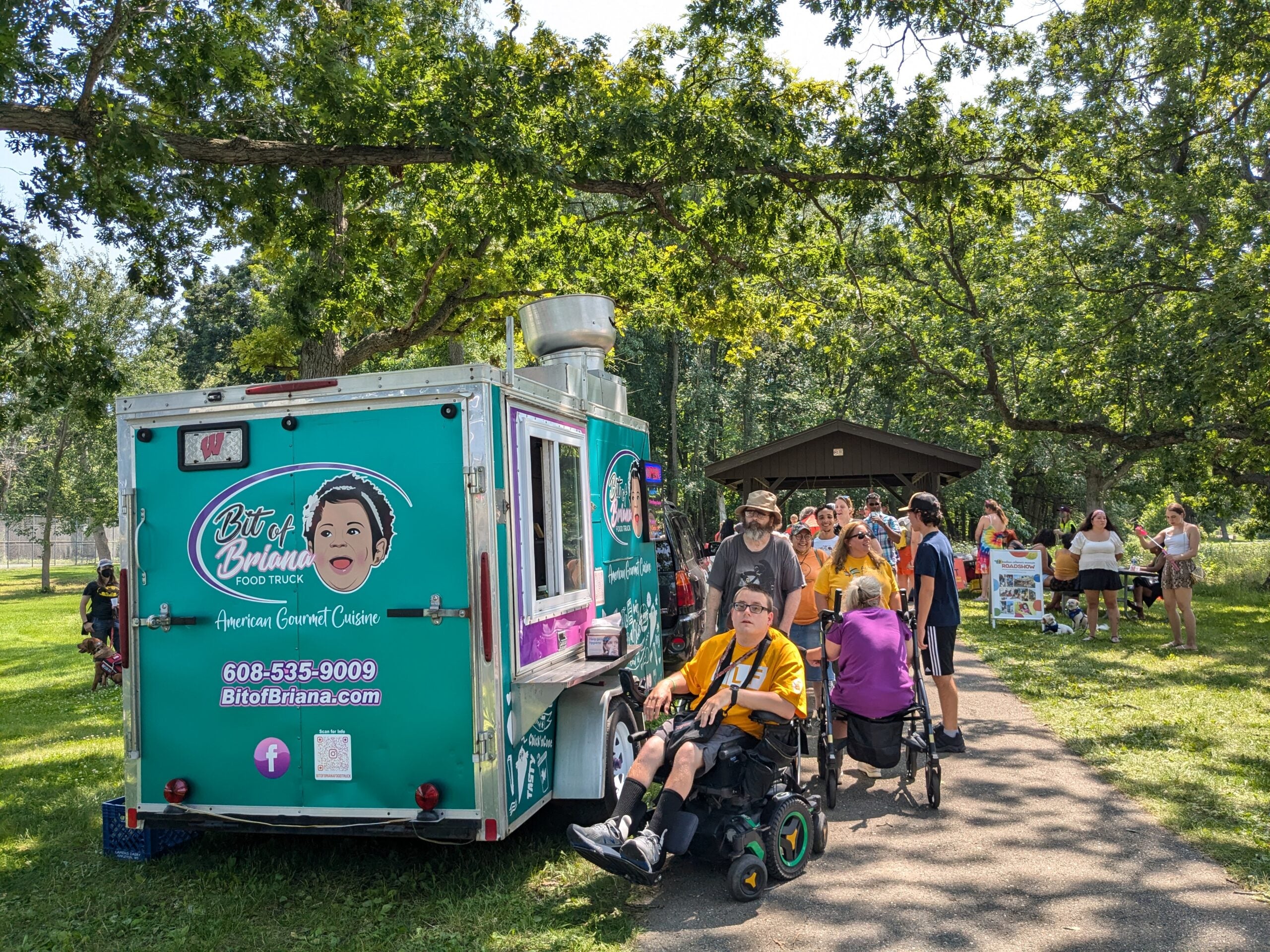Wisconsin’s state parks and natural areas are wonderful to experience, and a disability doesn’t have to mean that it’s not possible. Larry Meiller learns about the many resources available for disabled residents through the Department of Natural Resources’ Open the Outdoors program.
Featured in this Show
-
DNR Program Looks To Make Outdoors Accessible To People With Disabilities
For many people, getting outdoors to enjoy nature and wildlife is something that they can take for granted. For people who are living with disabilities, there can be a lot of obstacles to having those same experiences.
That’s something that the state Department of Natural Resources’ Open the Outdoors program works to correct.
The program aims to increase accessibility to the outdoors — a goal that’s distinct from increasing accessibility in indoor settings, according to Anthonette Gilpatrick, the accessibility coordinator for the DNR’s Bureau of Facilities & Lands.
“In the outdoors, it’s a little bit different than the built environment, where you have building codes,” said Gilpatrick.
In her job, Gilpatrick deals with accessibility of parks structures, like visitors’ centers and restrooms, but she also looks at how people with varying levels of mobility and other disabilities can enjoy nature itself. She said that whereas following a code to determine the width of an accessible doorway is straightforward, “in the outdoors, it becomes a little more difficult because you have the natural environment.”
Even before the 1991 Americans with Disabilities Act went into effect, DNR officials were committed to making sure that all residents could enjoy state properties. Gilpatrick said that the initiative to make the outdoors more accessible started with the question: “Where are the barriers, and what can we do to eliminate them?”
She said one goal is to make information on accessibility for individual parks easily available, so that “a person with a disability can come into a park, go into the park entrance station, talk to … the staff there, and get information on where in the park they can visit.”
Other information that should be available, she said, is about where the most accessible camp sites, picnic areas or other facilities are inside the park.
But according to Gilpatrick, it’s one thing to eliminate barriers for people to enjoy daytrips to state parks and natural areas. It’s another to create opportunities for people to enjoy overnight experiences.
In 1991, the state’s first accessible cabin, funded and built by the Telephone Pioneers of America, was made available for rental in Mirror Lake State Park. Now, there are nine accessible cabins available to rent, and a 10th is under construction.
Gilpatrick emphasized that each has been funded and built by volunteers.
“Without (them), we couldn’t do the things we are doing — or it would take a lot longer,” she said.
The accessible cabins have wheelchair ramps, kitchens with lower counters, and all appliances are installed to allow people in wheelchairs to use them. Bathrooms include wheel-in showers, shower benches, and a shower commode chair. Plus, in addition to regular beds, there are hospital beds with lifts. For users who need to plug in medical devices, all the cabins are wired for electricity as well.
The cabins are so well-designed that Gilpatrick said that “people who visit the cabins often take away ideas for their own homes.”
Information on where the cabins are located and how to reserve them is available on the Accessible Camping page of the Open the Outdoors website.
Episode Credits
- Larry Meiller Host
- Judith Siers-Poisson Producer
- Anthonette Gilpatrick Guest
Wisconsin Public Radio, © Copyright 2025, Board of Regents of the University of Wisconsin System and Wisconsin Educational Communications Board.
